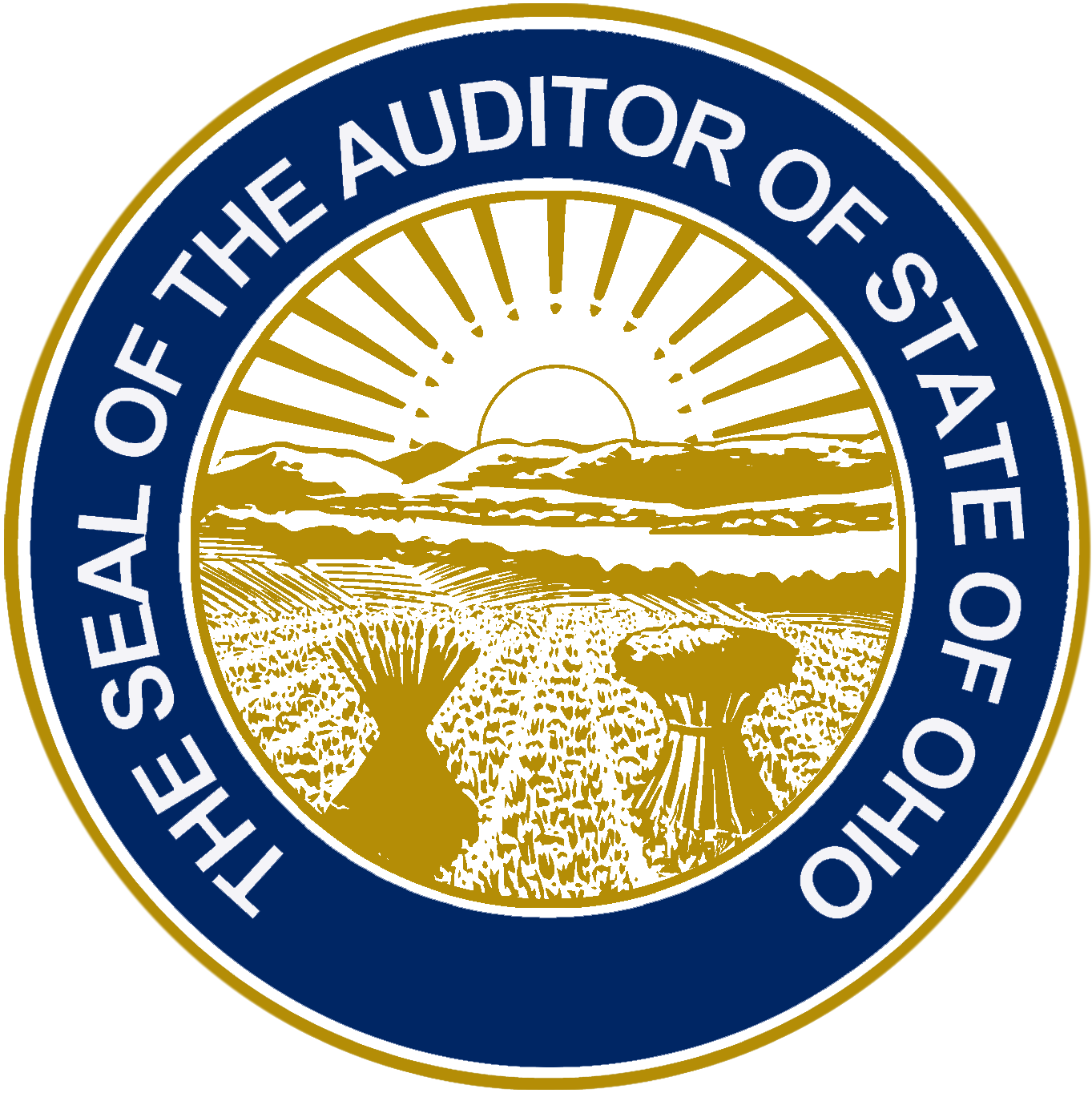
Press Release • Ohio Auditor of State
Special Report Offers Guidance for Detecting, Deterring Thefts of Citizen Payments
By Dave Yost, Ohio Auditor of State
In the spring of 2017, I asked my staff to create a special report focused on a matter that has made my blood boil more than a few times during my seven years as Ohio’s Auditor of State.
Time and again, audits of our local governments have brought to light thieving public employees who capitalize on lax oversight to steal from payments made by citizens for various costs: utility bills, income taxes and rental fees, just to name a few.
The report, distributed to fiscal officers in November, aims to equip local government leaders with the tools and know-how to detect and deter thieves who commonly target these vital revenue streams.
Digging back through the past decade, my office tallied more than $3.4 million in received payments that never reached their destinations. The missing money involved at least 77 governments and school districts, big and small.
While not all of those cases involved criminal activity, 53 employees at the entities were convicted of theft, including clerks, secretaries and fiscal officers.
I’m pleased to report that townships accounted for only two of the 77 local governments identified, with a total of $6,577 in missing payments and one resulting conviction.
But don’t let that figure fool you – no government is immune to this ever-present threat.
The special report, Pocketed Payments: Preventing the Theft of Incoming Funds, lays out the best practices for handling incoming payments with the goal of encouraging leaders to increase their understanding and involvement in the process. Many of the thefts cited in the report occurred at governments where a lone employee had control over the entire process with little to no oversight.
I am fully aware that time and budget constraints can pose challenges for government administrators when it comes to monitoring fiscal operations. The report is designed to alleviate this stress by offering low-cost, yet effective internal controls – like requiring receipts for transactions – that can help deter would-be thieves.
In one of the highlights of the report, experts from my office’s Public Integrity Assurance Team draw from their decades of investigative experience to guide readers step by step down the safest path to a secure transaction, while offering tips for recognizing and addressing weaknesses.
To help government leaders stay one step ahead of thieves, we’ve also broken down the clever schemes commonly used to conceal stolen payments.
I want to emphasize that the majority of employees on the receiving side of the counter are good, honest people with no desire to steal. Unfortunately, there’s no test to tell the good from the bad.
The next best option is to shut the window of opportunity on those who do wish to steal by remaining vigilant and applying strong internal controls.
If you have not already done so, I encourage you to read through the report and share it with your colleagues. An electronic version of the report is available on the Auditor of State’s website here.
I hope the report serves you well in our continued mission to protect Ohio’s valuable financial resources.
Contact the Auditor’s Public Integrity Assurance Team by phone at 1-866-372-8364 or email fraudohio@ohioauditor.gov if you ever suspect fraud at your township.